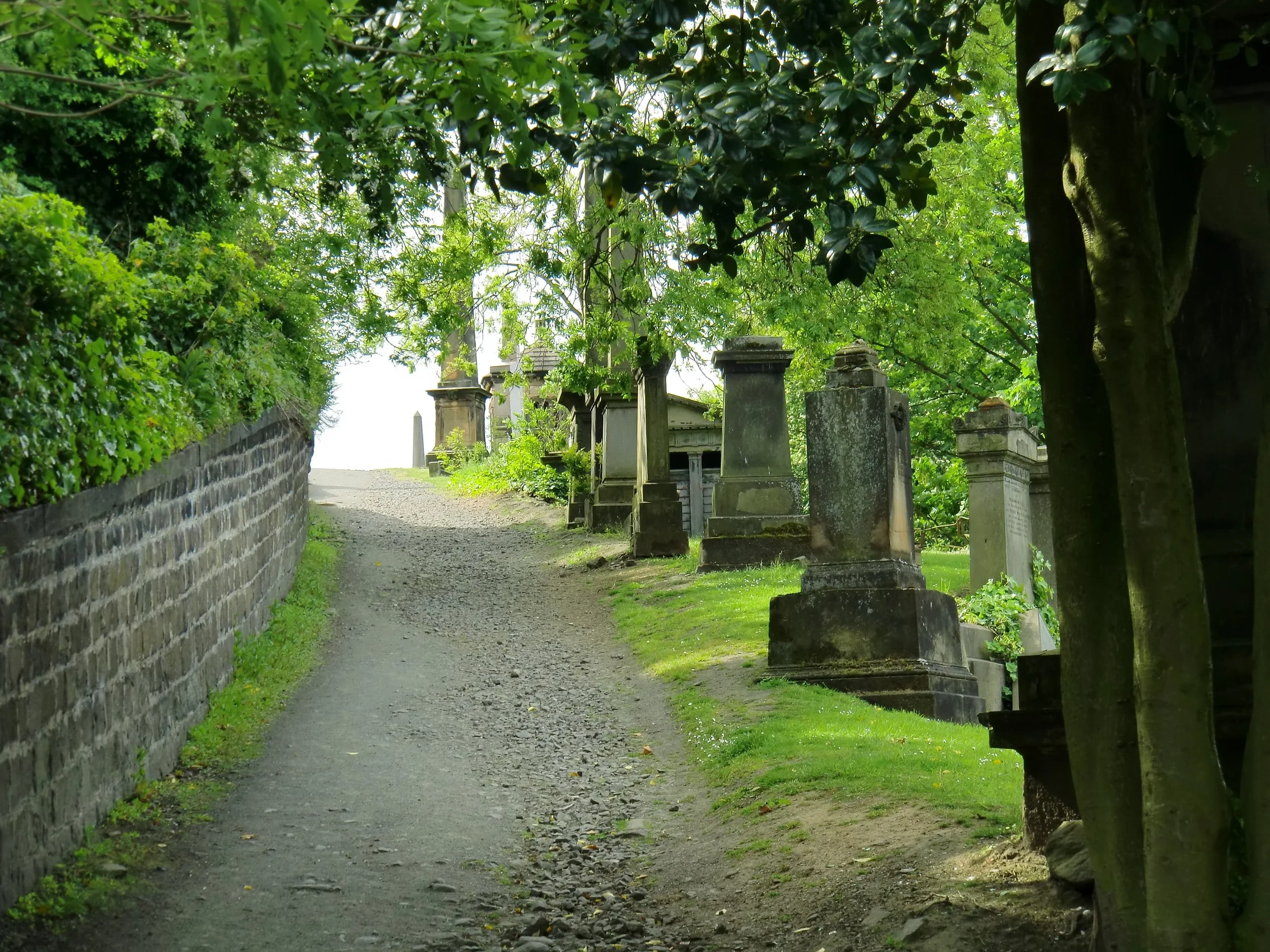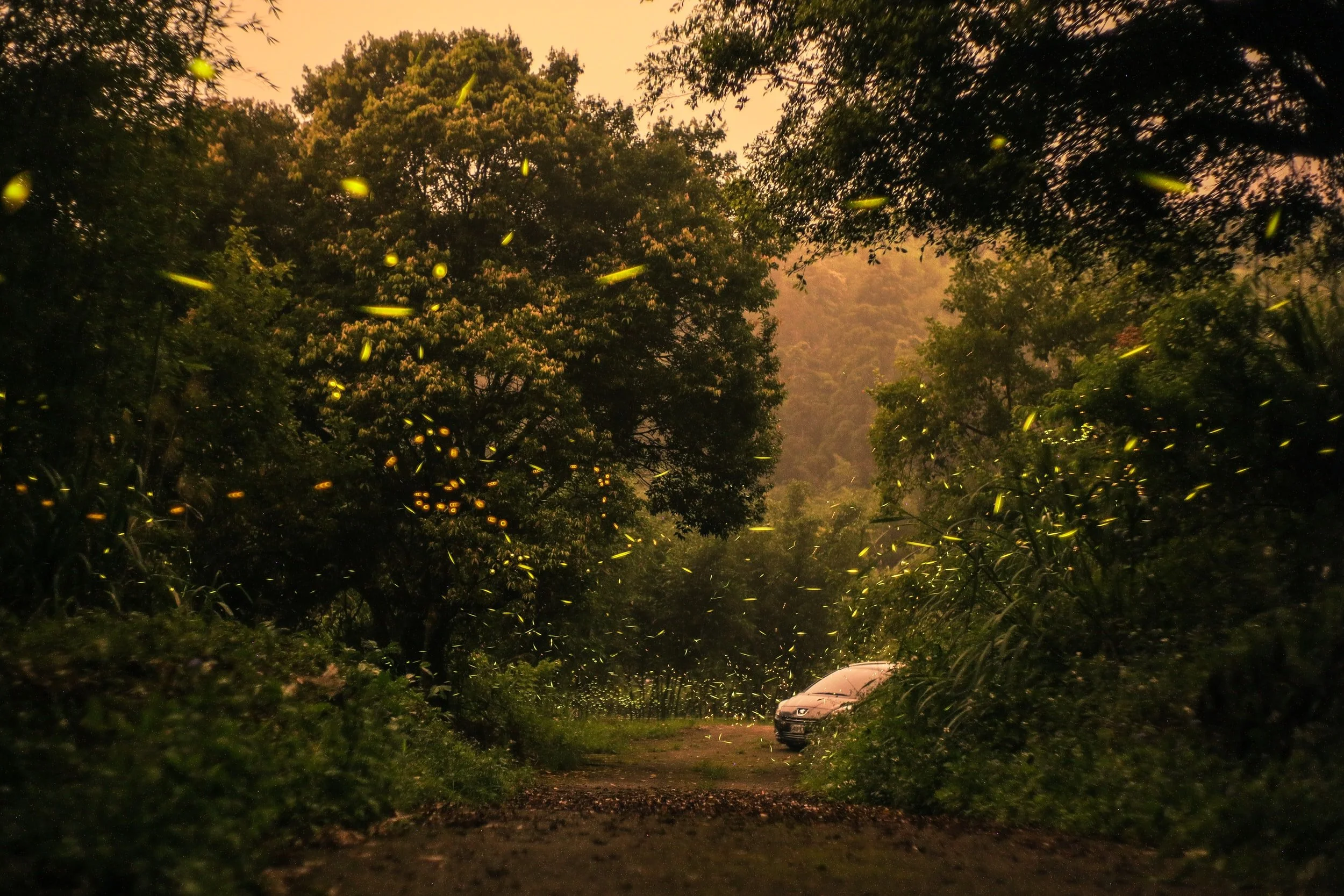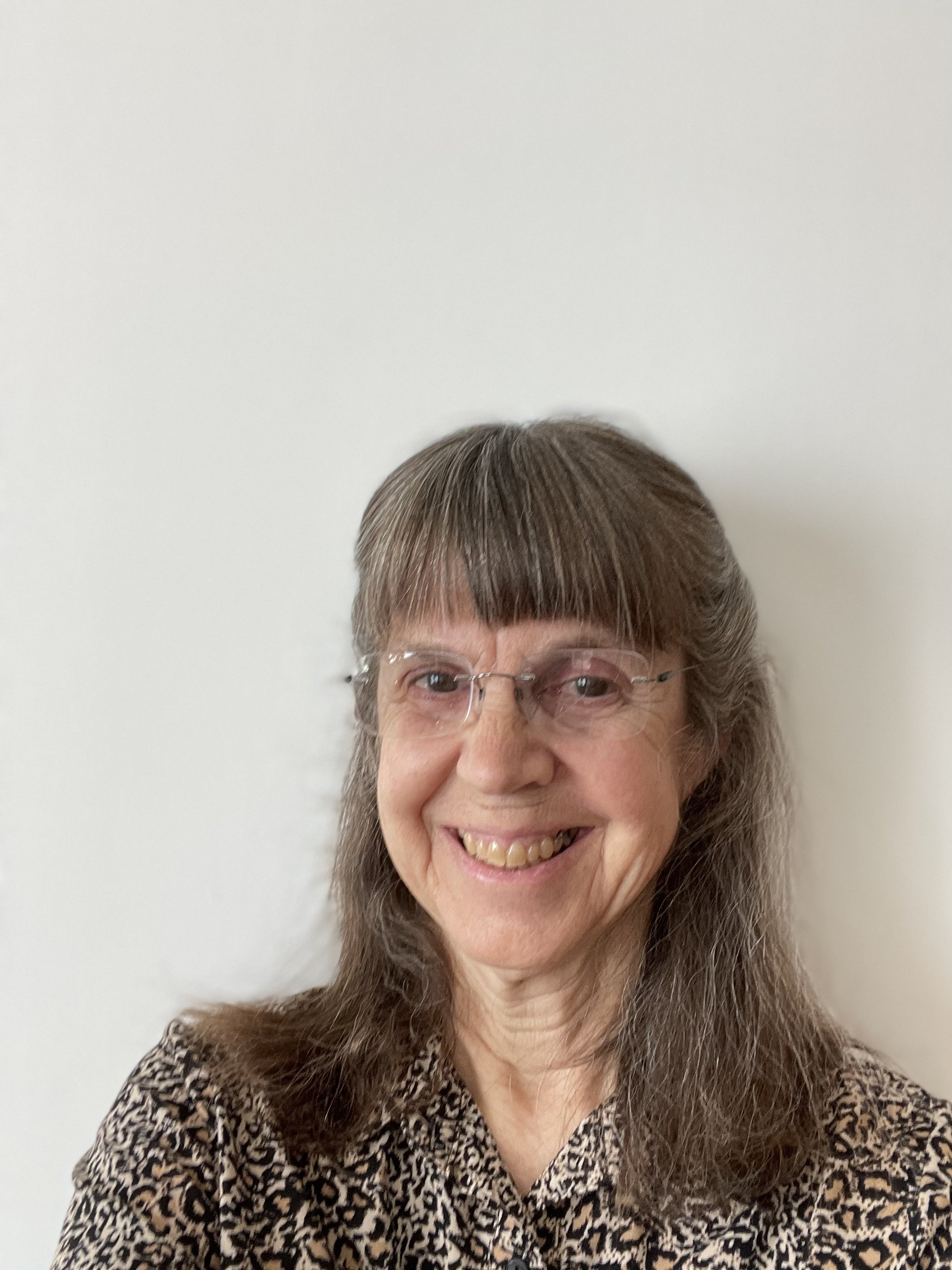Lost and Found
A summer camp in the Allegheny Mountains is where I lost the plan for my future. Given the early 1960s, one would have thought a loss of virginity the big event of the season, but that dropped away as casually as dandelion fluff in the wind. My lost plan was a casualty of my lost religion. I had planned a career in the church, in one of the limited options then offered to women. I entered camp as a Presbyterian and emerged as an unbeliever.
The camp had a reputation, unknown to me when I signed up as a counselor, for unusual orthodoxy. In fact, the camp’s leadership seemed firmly fixed in the nineteenth century. On the staff’s first day of orientation, I learned that the mission was to whip up the campers’ appreciation of Jesus’s bloody atonement for their sins.
I was stuck. My parents were far away in Quito, working for USAID for the summer, and I was waiting for the college dorms to reopen in September. I needed the job.
After the minister in residence asked each counselor to inscribe a tiny slip of paper with some gem about our relationship to Christianity, I wrote: “There are many people who would not consider me a Christian.” I tossed my confession into the hat that was passed.
I was shocked when he happened to choose my entry for his riff. How vigorously he misunderstood what I had said! “All of us are in the same position as the writer of this note,” he said. He complained about how the local seminary and the denomination as a whole failed to recognize this particular congregation’s unique slant on the truth. He invited the anonymous writer’s heart to rejoice. She was among friends, he said. Mine was that sinking heart. I foresaw a hard summer of struggling to keep both my job and a slip of my integrity.
My unit included three cabins with four girls in each. Every camper was to memorize specified Bible verses. If an entire unit committed them all to memory, the girls in that unit would be treated to ice cream. I decided that, for one camper with an intellectual disability, memorization meant being able to repeat a few words back to me, just after I said them. To their credit, the other girls watched her struggle even with this adapted method, and none of them complained of unfairness. We got our treats.
This same camper was apparently distressed when I eventually took my allotted days off to travel to visit my boyfriend during his break from army camp. She hugged some of the other campers, probably for reassurance. When I returned, I was informed of her infraction and directed to tell her that God didn’t like her to hug other girls. I said somebody else would have to do that job if it were to be done at all. The next thing I knew, her family had been told to take her home, and I was instructed not to talk to the family.
By this time, I had acquired a reputation as different. Most of the counselors and campers dressed in spiffy sport clothes, but I wore the jeans and sweatshirts that were the fashion at my left-leaning college. When we had round-robin prayers, each of the other counselors would thank God that they, and the camp, were so special, but I would ask God to forgive us for our vanity. I must have been insufferable, but the little blue aerograms I got from Ecuador fueled a baseless rumor that I was the daughter of missionaries and that I had been raised in the jungles of South America and was therefore a little rough around the edges.
My bona fides as somebody well enough acquainted with our religion were established in the Sunday afternoon Bible Bees, during which the campers watched as their counselors competed. I was a star player at Bible Bee, if only because of my good ear and good memory. My campers grew proud of me at those Sunday afternoon competitions.
None of them complained when I chose for our evening devotions the Book of Esther, famous for not containing any mention of God. I bowdlerized the text so as to make it suitable for youth and added touches from my own treasured childhood comic books. The adventures of Esther proved a popular bedtime series.
My own reading matter, besides my Bible, consisted only of that counterculture tome, Norman O. Brown’s Life Against Death. Someone at school had said it had changed his life. The book’s Freudian view of history seemed, to my troubled mind, vindicated in everything I saw and heard that summer.
Sometimes chance conspired to keep me employed. I was the only counselor who had ever shot a bow and arrow, so I taught archery, despite almost having failed it at Oberlin. My first demonstration shot hit the center of the target, so I let that be my last shot, too.
We “remembered the Sabbath day” not so much “to keep it holy” as to render it boring. No play was allowed. My waist-length hair was unusual in those days, and the girls longed to play with it. “Wait till Sunday,” I’d say, and for a few hours on that day I would endure their turns at brushing and styling.
We were surrounded by beautiful woodlands we never dared enter. All activities took place on a flat, open field. When, later that summer, the staff was joined by Bill, a seminary student who had recently finished a tour as a marine in Vietnam, I urged him to take me and my unit on a hike. With the camp director’s hesitant approval, we walked among the maples and sycamores in dappled sunlight and shadow. We were surprised by the bright flowers of the forest floor—scarlet Indian paintbrush, violets, May apples, Queen Anne’s lace, and the snapdragon’s wild cousin called “butter and eggs.” I showed the girls how the pods of the spotted jewelweed pop open at a touch, and we tried rubbing the oily leaves on our insect bites as the indigenous people had learned to do. Bill accompanied our walk with tunes played on a piccolo he had fashioned from a silver pipe. He said the music repelled the demons he was convinced inhabited untamed places.
The camp’s high elevation made occasional thunderstorms especially harsh. Lightning seemed to strike close. The loud storms woke and frightened the campers, so I would jump out of bed and slosh my way to each cabin in my unit. Sometimes just my sudden appearance in my dark, dripping, army surplus poncho scared them even more, but I affected a cheery bravado I hoped might be contagious. During each storm, I cajoled the pair of twins who clung to each other to go back into their own beds. Whenever the night watchman found those two sleeping together, he reported it to the camp director who would shake her finger at me and order me to keep the girls sleeping separately. Their God, I suppose, had started them in a bad habit by tucking them into a single womb. Incipient sexuality was a preoccupation of the camp administration.
We counselors were forbidden even to speak with the “handy boys,” the young men who kept the mechanical and janitorial side of the camp functioning. That did not prevent three of the counselors from sneaking away one night for a serial make-out session with one of them. The camp staff saw what wasn’t there but failed to see what should have been obvious.
So, I was surprised at the director’s calm response when I told her I’d be combining my days off to take a couple of Greyhound buses across the state to visit my boyfriend on his furlough from army camp. Responsible, if unconventional, I thought it wrong to simply disappear, whereabouts unknown.
“Has it been a long time since you’ve seen him?” the director asked. Maybe she assumed I would be staying at the YWCA.
“It seems like a very long time,” I sighed. We were in the camp office, getting blankets out of a large chest. Four of my campers in that session were scholarship girls from an agency, and the bedding they brought was too skimpy for the cold nights. The director offered me one thin blanket for each.
“We’ll need more,” I insisted. “Two apiece.” She sniffed, but piled a double helping of blankets into my arms.
Despite the harsh conditions, one day I heard a happy child running through the camp, shouting, “I found Jesus! I found Jesus!” The mission had, in her case, been accomplished.
Each camp session ended with a bonfire at which one camper from each unit testified to having found the Lord. I had never urged my charges in that direction. Instead, I called aside a child who seemed thoughtful and up to a bit of improvised oratory and asked them to please do this job for our unit. My conscript during the first month was a theatrically inclined little girl who stepped up and repeated, “I really like Jesus,” in various tones of voice until someone thanked her and pulled her offstage.
At the end of the second session, I approached my best prospect and described the role I hoped she would accept. The ten-year-old looked at me with great seriousness and asked whether it might be possible that her parents, who seemed to love her, had been unwilling to tell her that she was sinful and had sent her to this camp so that others could perform that unwelcome task for them.
I was horrified, and ashamed even of my unwilling part in all this. I told her that I didn’t know her parents, but that I was sure they loved her just as she was. “I think they probably didn’t know about the sort of thing that goes on in this camp,” I said. “I didn’t know either until I was here and had already taken the job. It shocked me. I think probably when you tell them about it, they will be as surprised as you and I both were. Chances are good that you and your parents will laugh together at these people’s mean silliness.” I apologized for her time of worry and asked whether there were things we did at camp that she had enjoyed. When she listed them, I suggested she describe for the campfire group those specific pleasures.
The camp was free of television and radios. One day, a visiting minister, learning that one of the counselors had parents in Ecuador, informed me that there had been a revolution in that country. When her letter caught up with me, my mother assured me that she had sat out the upheaval in the embassy where she had gone to pick up their mail. My father had needed to start his work all over again with a new government and was distressed at the lack of due process. But they were safe.
In the end, we all packed up and went home. Like Brigadoon, the camp still rises and rolls into operation on its seasonal schedule to this day, though without the cast of characters from that summer. For decades, I thought of it as the place and time in which I lost things that had been important to me. Only very recently, looking back over the vantage of a life mostly lived, did I suddenly recognize it as a time of finding.
The seeds of the adult I was to be sprouted at that bizarre woodland camp. Maybe they were the kind of seeds that depend on a hard freeze to start them on their way. The struggles of the vulnerable would begin to draw me out. I would want to protect others from cruelty and foolish superstition. I would want to point out beauty. Walking out of that camp, lugging my footlocker, I had taken the first steps into my own particular, grown-up life.
-Ann Birch
Ann Birch is a librarian and amateur actor living in El Paso, Texas. One of her stories will appear in the July 2022 issue of Ocotillo Review.


















